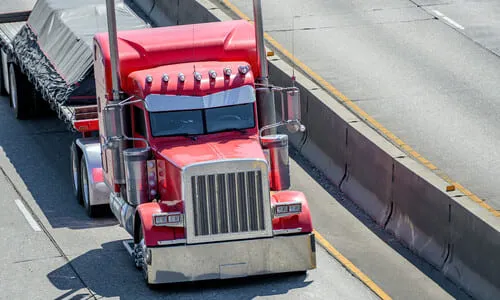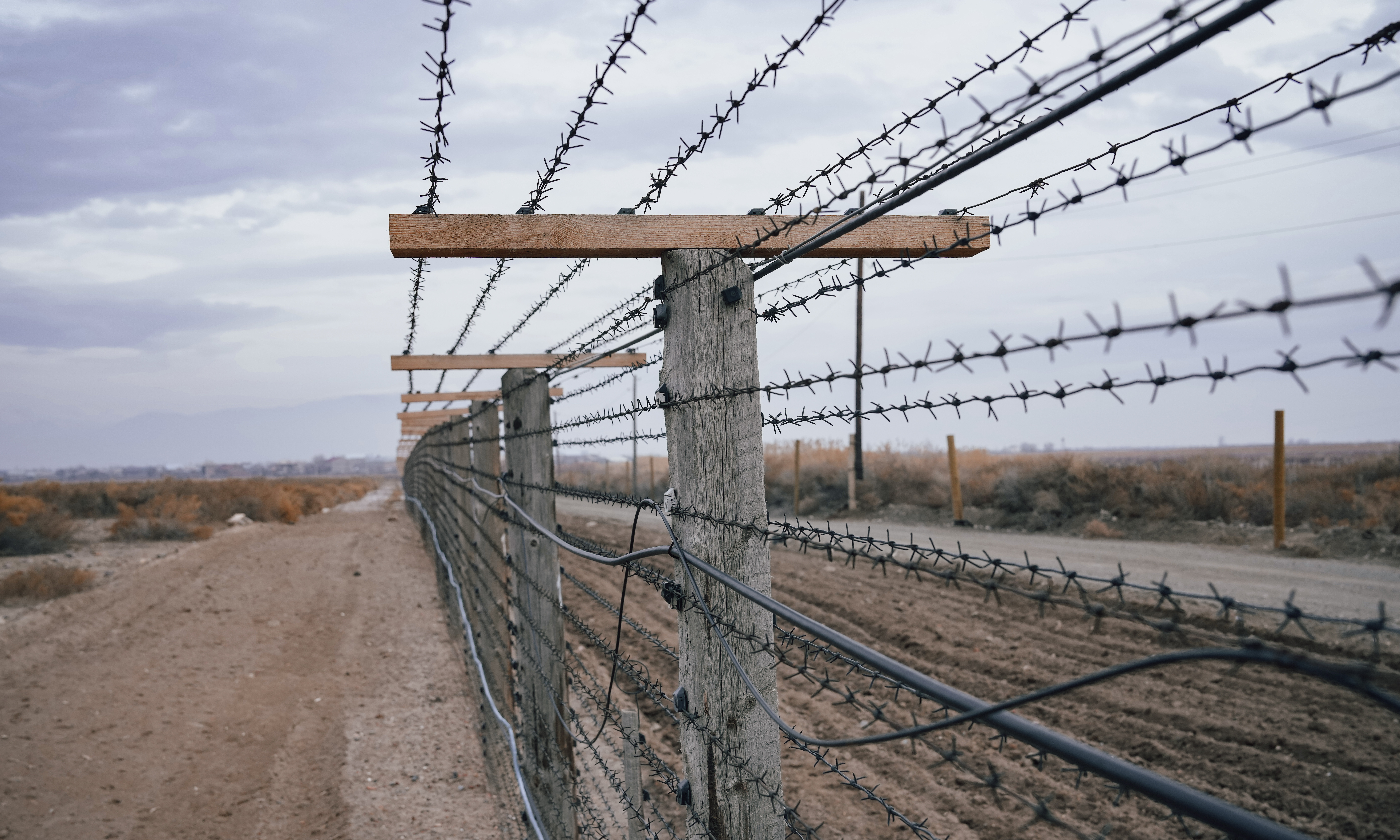
One common method that insurers, trucking companies, and others use as a way to deter injury victims from claiming damages after an accident is to pin partial blame on the victims themselves. They may accuse the victim of committing a moving violation, or they may dig for some other contributing circumstances that can paint the victim as responsible — either partially or fully — for the results of the accident.
Know that fault in an accident is usually only decided when one side either agrees to pay a settlement or when they are found liable by a court of law. Before either of these events occurs, fault can be considered to be largely up in the air.
Further, a finding of partial fault only reduces the total damages award you are eligible to receive. It may not bar you completely from recovery, which is why it is always so critical to fight tooth and nail for an injury settlement, even when blame is being foisted on you.
Singh Ahluwalia Attorneys at Law has extensive experience helping truck accident injury victims in their fight to prove liability and claim all available damages. We can help you investigate fault, and we can also use our legal knowledge and experience to fight back against common methods of avoiding liability.
Schedule a free case review with an experienced trucking accident lawyer in California today when you call us at 559-878-4958 or contact us online.
Who Determines Truck Accident Fault?
Unlike many things in life, legal fault is not, in fact, in the eye of the beholder. Instead, fault should be considered as a matter of material fact based on irrefutable conclusions drawn from solid evidence.
Even then, fault is often truly only settled when a jury of the defendant’s peers comes to a finding of fault after considering all evidence and arguments. In other words, just because someone says you’re at fault doesn’t make it so!
Most times, fault is tacitly accepted through the offering of a settlement. While many settlement agreements contain language stating that the offering party is not admitting fault, the fact is that they were willing to accept the bill — which, at the end of the day, is all that matters.
With all this in mind, know that fault is much more tricky and hard to pin down than most people would care to admit. While many trucking accidents involve scenarios where proving fault is cut-and-dried, others involve substantial questions of not only what happened but, often more importantly, why it happened.
Keeping all this in mind, you and your attorney can discuss the strategic outlook of your case and where/why you may be accused of contributing fault to the accident. Your lawyer will help you look into allegations of fault, especially your own, and help interpret all of the legal facts and questions involved, often giving you a range of options for proceeding.
In some cases, you may be fighting fault altogether. In others, you may be accepting some portion of blame but pushing back against the level of fault that’s being levied in your direction.
In every case, you and your attorney will have to decide what strategy makes the most sense, given your goals and the tradeoff between all available options.
All of this is to say the fault isn’t settled until a check is signed or a jury comes back with a verdict. In the meantime, it’s all a game of understanding the law, the options available, and how the other party may react to specific approaches you can seek toward recovering the damages that you desperately need.
California Lets You Recover Damages When Someone Else Is at Fault, No Matter What
California uses what is referred to as a “pure comparative fault” system for determining liability after an injury.
In California’s Civil Code, § 1714, it is stated that:
Everyone is responsible, not only for the result of his or her willful acts but also for an injury occasioned to another by his or her want of ordinary care or skill in the management of his or her property or person, except so far as the latter has, willfully or by want of ordinary care, brought the injury upon himself or herself.
To translate, everyone has to pay for their own portion of the fault in injuring someone, including the injury victim themselves.
If an injury victim is found to have contributed fault in California, they are not barred from any sort of recovery action, unlike some other states. Also, unlike most other states, there is not a set threshold of fault the victim can’t cross that would bar them from pursuing damages.
Even if the injury victim is 99% at fault for their own injuries, then they can still go after money from all other at-fault parties. The only problem is that their potential award is now reduced by their percentage of fault.
While California’s fault rules may seem generous, they still pose a huge risk when trucking companies (and their insurers) are keen to label others as at fault for the accident. Attorneys must then go in and refer to expert witnesses, eyewitnesses, and other forms of evidence — in reference to the law — in order to determine exactly who is at fault and by how much.
Working with an attorney, therefore, can help you find options for pursuing a claim even when the other side is trying to say you contributed to your own injuries.
A Case That Could Win in Court Can Convince Others to Settle
Only a few injury cases reach trial, even in trucking accidents. Even still, the ability to win over a jury is always on everybody’s mind.
Simply put, if a trucking company or insurance company thinks an injured claimant would win in court, they are more willing to settle. By accusing the claimant party of contributing fault, the other party is basically saying, “You will have to fight us to get everything you want, and we don’t necessarily think you’ll win.”
This type of leverage is critical in out-of-court negotiations. Because all sides will want to reduce the time and expense it takes to resolve the case, they will try to paint the outcomes that work most in their favor as the most likely to happen.
Your attorney’s job is to either call their bluff or hurt their confidence in their ability to win to the point where they doubt the strength of their own position.
Not All Evidence of Fault Is Admissible
One last tool injured claimants have in their kit is to weaken the evidence the opposing side is using to accuse them of fault.
In a lawsuit, prior to a case going to trial, both sides can file what is called a “motion in limine.” This type of motion is filed to bar the use of certain evidence or legal arguments in a case.
Common types of evidence that can be barred include:
- What the victim was doing at the time of the accident, if it was not relevant to the actual accident circumstances
- Whether the victim was wearing a seatbelt if the lack of a seatbelt had no bearing on their injuries
- What the police officer writing the accident report concluded, if they are not an expert accident reconstructionist or someone else with technical/professional knowledge of wreck physics
- Hearsay, or testimony about statements someone else made by someone other than the party who allegedly made the statement
- Speculation not confirmed by evidence
- Whether the victim had a valid driver’s license at the time of the collision
- The victim’s history of previous driving infractions
- Evidence of habitual intoxication, even including a history of prior DUIs
- Whether EMTs and other emergency personnel opted to visit the scene of the accident
- Anything that attempts to play on a jury’s prejudices and that is not directly relevant to the events at hand
- Medical records showing a previous, similar condition to the one acquired in the accident, if the two are not connected or if the new condition could have developed on its own, absent the previous one
Note that while many of these types of evidence wouldn’t “fly” in a court of law when used against an everyday commuter driver, they may sometimes apply to a professional truck driver. The difference is that trucking companies are supposed to hire safe, trained, and skilled personnel while complying with all federal and state guidelines.
So, while some average person’s history of bad driving may not be relevant, a truck hauling company that has a history of hiring professional drivers with bad commercial driving records could be considered negligent if their failure to follow standard practices led to the collision.
Fight for as Much Compensation as You Can With a California Truck Accident Law Firm at Your Side
Singh Ahluwalia Attorneys at Law has stood up to big interests in the name of clients who are struggling to get by. We fight on behalf of Californians everywhere when they are being denied access to damages, especially when they are being cynically accused of partial fault just to chip away at their potential jury award.
Regardless of your accident’s circumstances, we will work hard and commit all resources to help you establish liability and avoid reductions in your potential payout to the extent possible. While we can never guarantee results, we guarantee to exhaust every legal option available in the pursuit of your claim.
Find out how we fight for you and what damages you could be eligible to claim when you call 559-878-4958 or contact us online to schedule a free case review.


